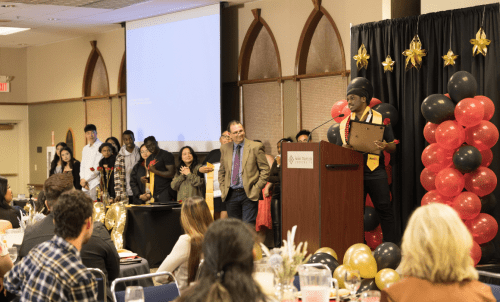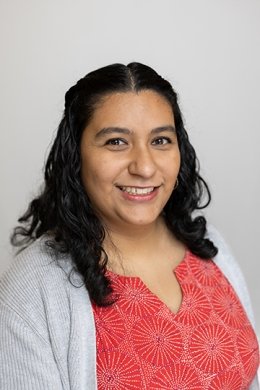Explore the Dignity Center
The Dignity Center treasures the cultural differences that make us who we are. We recognize the need to be in solidarity with the most vulnerable and marginalized among us. We invite all fellow travelers to join us in our pursuit of peace and justice in our world.
- Providing resources: The Dignity Center Lounge is a critical resource for students. Located in Harned Hall, room 207, the lounge offers a gathering space for students to study, meet or dialogue about life’s pressing or everyday issues.
- Facilitating programs: The Dignity Center is committed to supporting students in their ongoing journey of becoming. We offer support programs in peer mentoring, community learning, student leadership, solidarity space and service immersion.
- Promoting learning: Throughout the academic year, the Dignity Center sponsors education programs that help the campus community learn about social justice issues through the lens of Catholic Social Teaching and restorative justice.
Student clubs
Looking for a space for your next club event?





